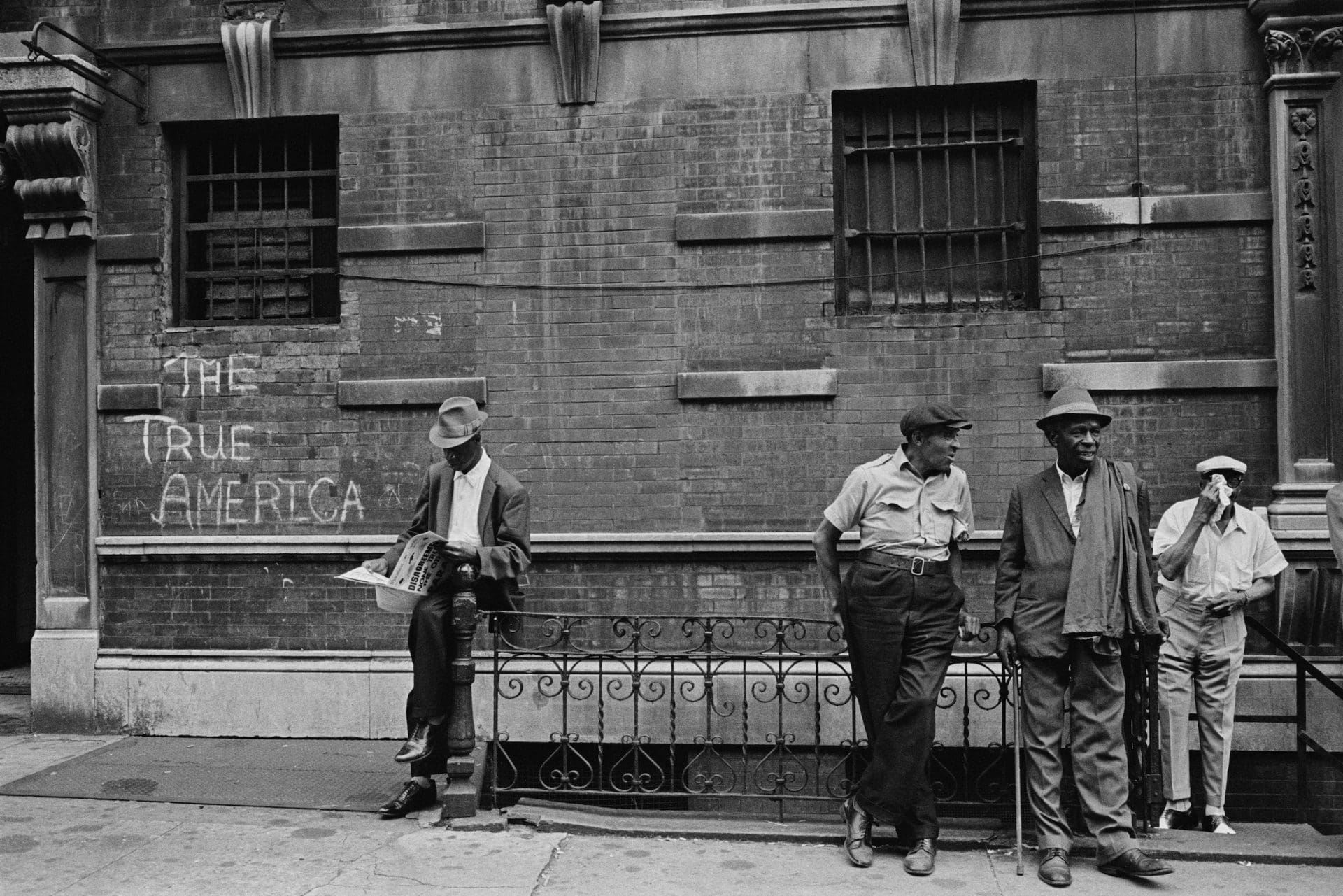
It is hard to overstate how much life altered for Americans in the 1960s and 70s. Civil and women’s rights, the sexual revolution, hippie counterculture, war in Vietnam and a tide of political assassinations wrought change at every level.
I single out those years because they were the ones in which Ernest Cole was photographing in America (1967-1972, to be precise) and because the pictures he took of that time – lost for 40 years and now published for the first time – are so immersive; so thrillingly potent, that they suck you right back.
Cole, who died in 1990 at the age of 49, was a Black South African photojournalist, arguably that country’s finest. He is best known for a book titled House of Bondage, which in 1967 furnished the world with its first photographic view of Black life under the apartheid regime, and Cole the fame and means to pursue just about any story he wanted.
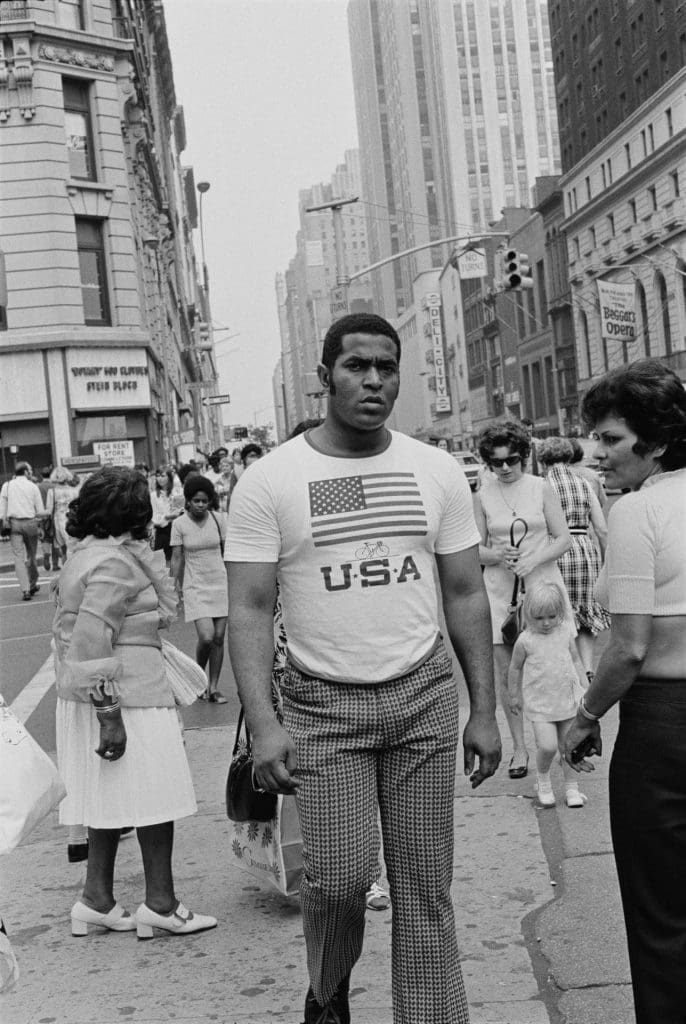
House of Bondage was published after Cole fled South Africa (reportedly with the help of American Intelligence Services) on the pretext of a pilgrimage to Lourdes. New York Times correspondent Joseph Lelyveld had smuggled out the contact sheets two weeks prior, after which the Magnum agency’s bureau chief sold them to Life magazine. Soon after, Cole joined the South African government’s list of banned persons, the youngest to be afforded that “accolade”. He was 28 then, and remained in exile for the rest of his life.
Ernest Cole: The True America (Aperture) is a distillation of the project that would occupy Cole mind, body and soul for the next five years. Financed by a generous grant from the Ford Foundation – the equivalent of something like $90,000 today – Cole intended the photographs be “A Study of the Negro Family in the Rural South” and “A Study of the Negro Family in the Urban Ghetto,” as he outlined in his application, and in pursuit he travelled throughout New York, to Los Angeles, the Bay Area, Chicago, Detroit, Memphis, Atlanta, Washington DC and rural communities in Mississippi, Alabama and South Carolina.
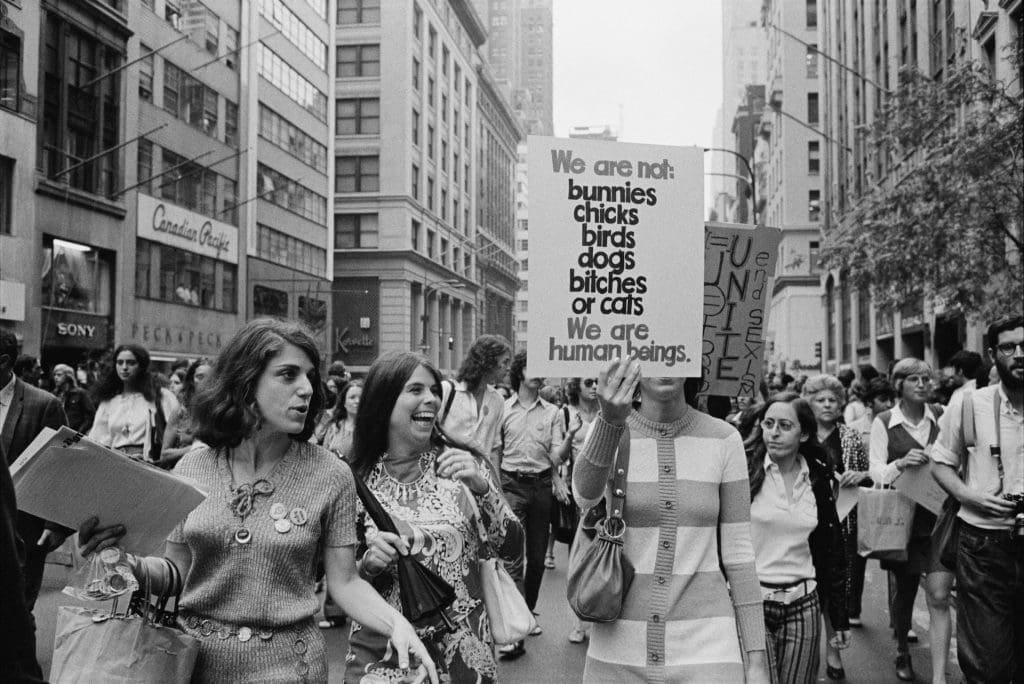
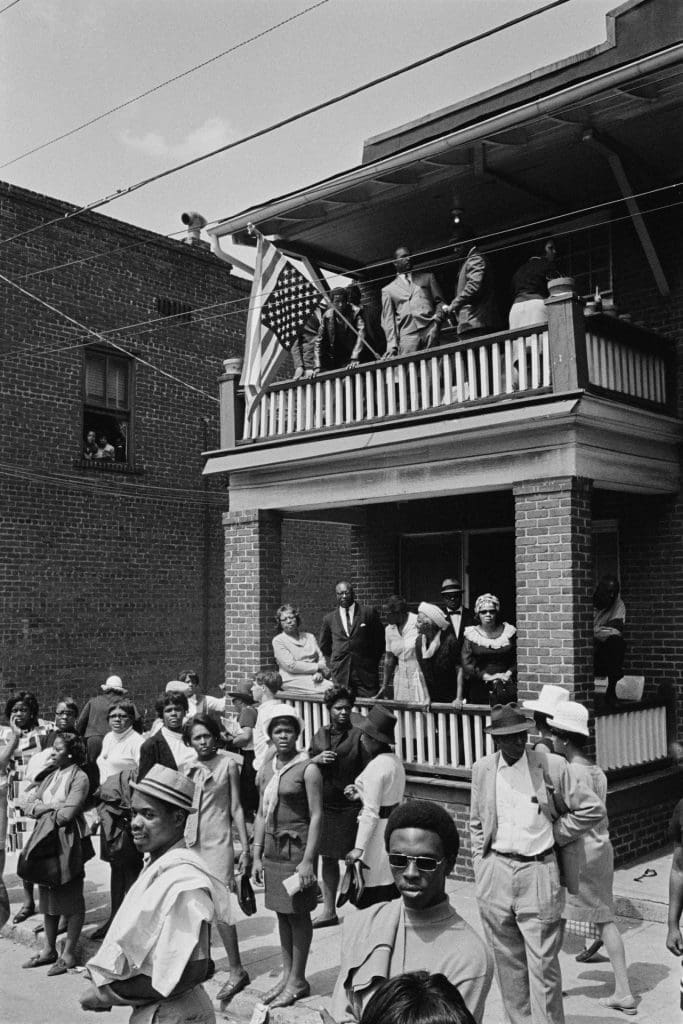
The book contains around 230-odd mostly black and white as well as some colour photographs – a tiny fraction of an eventual 40,000 negatives Cole took. Believed lost for 40 years, they resurfaced (along with 20,000 more) in the vault of the Swedish bank Skandinaviska Enskilda Banken (SEB) in Stockholm in 2017, though how they ended up there is still being investigated.
We know that, as Cole began to drift from his first passion (“All photographs are lies” he told a friend in 1972) he spent more and more time in Sweden. Rumours persist that he was a spy; the frequent trips to Stockholm indicative of his involvement in the network of underground agents there at the time (the city was “the Casablanca of the Cold War” according to investigative journalist Seymour Hersh). Either way, Cole’s life was by that point in some disarray. When he died prematurely from cancer at the age of 49, he had lost ownership of his copyright and his archive.
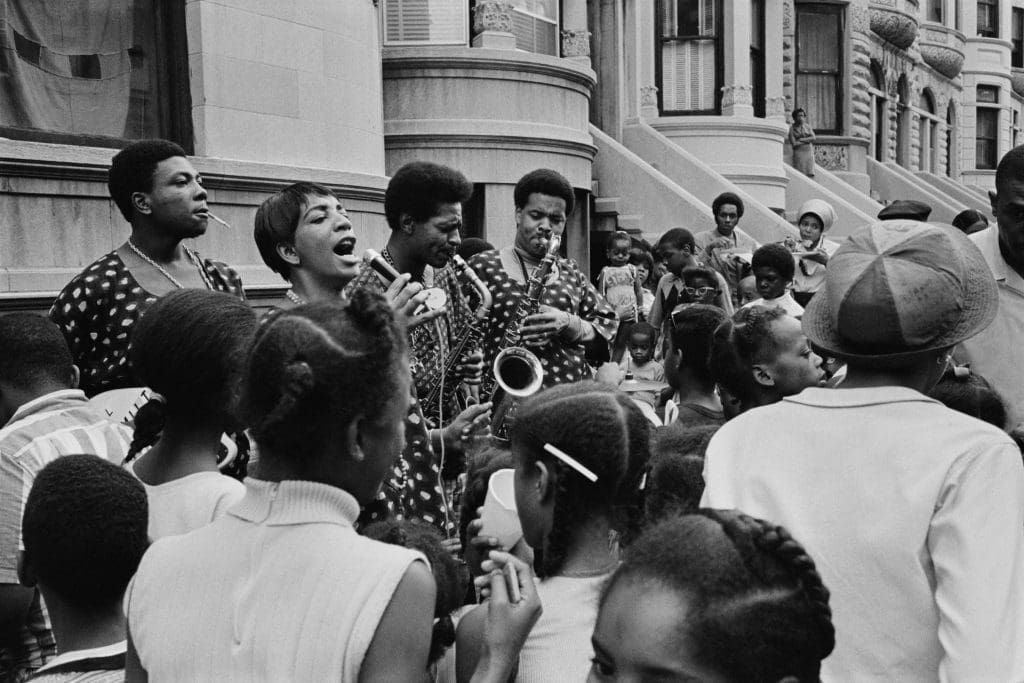
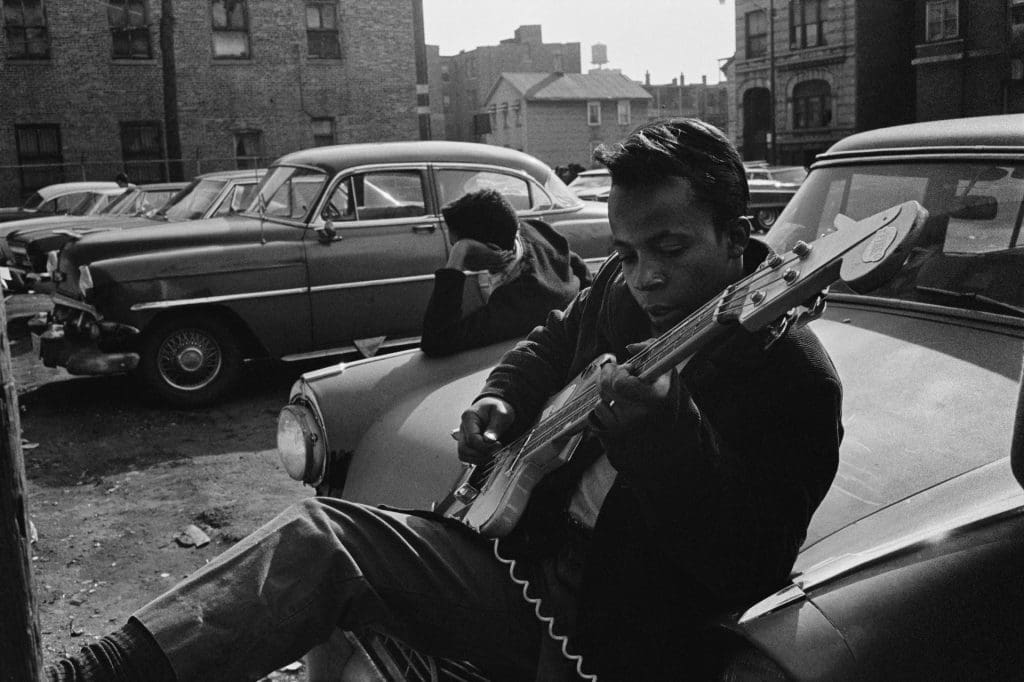
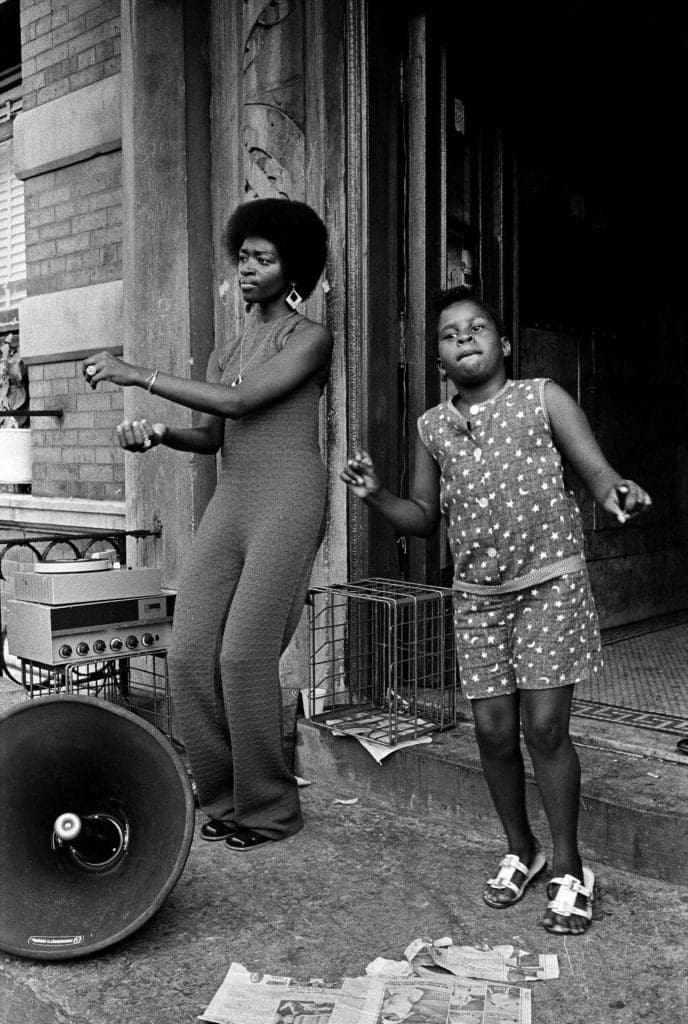
We might expect America’s rural South, where the Jim Crow laws had only recently been overturned, to have provided meat for Cole’s country-wide survey, but in True America it is the tissue of the city, its stoops and signage, storefronts, crowds and loners, that won out. He considered his locations carefully, returning repeatedly to the same spots, often entrances and exits, windows, stairwells: thresholds and places in between. Newspaper headlines and advertisements, placards and handwritten signs perform neat and wry commentary: Are you looking for a way out?/Do you thank God that you can see?
Which is not to say that the pictures are earnest. Some of the best describe only haircuts, kite-flying and that era’s swirly, bright fashions; scenes in which hardly anything seems to be happening, though of course so much really was. Throughout, Cole’s eye has a gentle inquisitiveness – at points even a tenderness, though rarely do we feel a sense of connection. Apartheid had necessarily made him expert in capturing events without drawing attention to himself. Here he is only ever a stranger, trying to find a way in, something or someone to fasten himself to in an alien land.
Ernest Cole: The True America is published by Aperture and available at aperture.org





